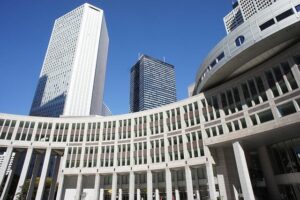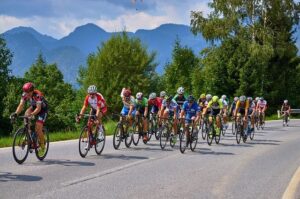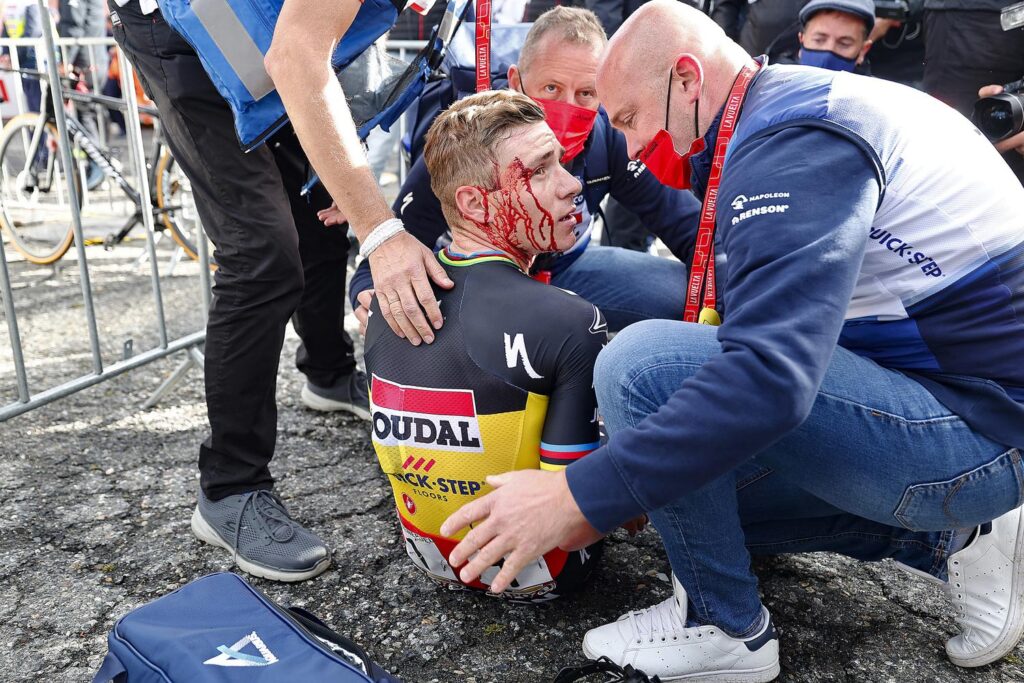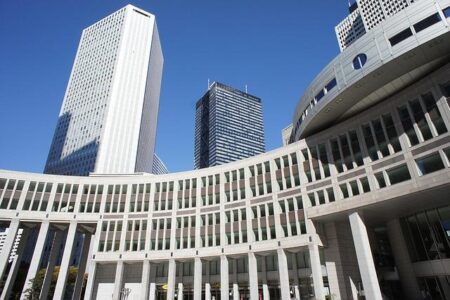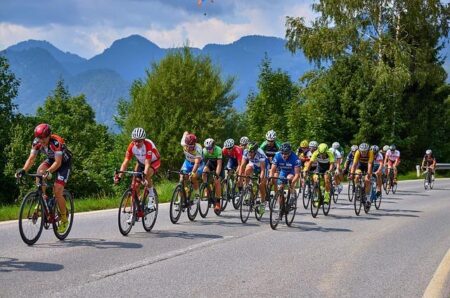In a dramatic turn of events during the prestigious Vuelta a España, professional cyclists have voiced their concerns following a recent crash reportedly linked to pro-Palestine protests near the race route. Riders have taken to social media and press conferences to express their frustration and disappointment, stating emphatically, “We just want to race.” As tensions escalated, the intersection of sport and activism came into sharp focus, raising questions about the impact of political demonstrations on international sporting events. With the safety of competitors and the integrity of the race at stake, this incident has ignited a broader conversation about the role of activism in professional cycling and the responsibility of both organizers and protesters in ensuring a secure environment for athletes.
Riders Express Frustration Over Protest Disruptions at Vuelta a España
During the recent stages of the Vuelta a España, cyclists voiced their dissatisfaction over the disruption caused by pro-Palestine protests, which led to a significant crash involving several riders. Maximilian Schachmann, one of the athletes affected, articulated the general sentiment: “We just want to race.” This sentiment was echoed throughout the peloton, as riders found themselves torn between supporting global causes and focusing on their competitive pursuits on the road. The protests, while rooted in a passionate plea for awareness, inadvertently jeopardized the safety and concentration of the athletes, prompting many to question the timing and impact of such actions.
Riders are now advocating for clearer communication and restraint during major sporting events. The protest incidents have raised concerns about the intersection of sports and activism, leading to discussions within the cycling community regarding their responsibilities as public figures. Many riders emphasized the need for respect towards the athletes and the race itself, highlighting the following points:
- Safety First: Ensuring the safety of riders should be a top priority.
- Focus on the Race: Athletes should be allowed to compete without external disruptions.
- Support for Causes: While activism is important, it must be balanced with the integrity of the sport.
Insights into Athlete Safety and the Impact of Political Demonstrations on Sports Events
The recent protests advocating for Palestine during the Vuelta a España have reignited debates surrounding the balance between political expression and athlete safety. Riders expressed their frustration, emphasizing that their primary focus is on competition. The incident has raised several critical points:
- Athlete Safety: Competitors are more concerned than ever about their physical safety during events.
- Impact on Events: Political demonstrations can disrupt the flow of sports, impacting not just participants but also fans and sponsors.
- Freedom of Expression: The tension between the right to protest and the integrity of sporting events remains a contentious issue.
To further examine this climate, statistics from recent events highlight the correlation between protests and incidents on the field:
| Event | Protest Type | Incident Type | Safety Impact |
|---|---|---|---|
| Vuelta a España | Pro-Palestine | Crash | High |
| 2021 Tokyo Olympics | Black Lives Matter | Disqualified Athletes | Medium |
| 2022 FIFA World Cup Qualifiers | Climate Change | Delayed Matches | Low |
As the dialogue continues, sports organizations are faced with the challenge of reinforcing safety protocols while respecting individuals’ rights to political expression. The road ahead will require collaboration between all stakeholders to ensure that events remain safe and focused on athletic excellence.
Recommendations for Striking a Balance Between Activism and Athletic Competition
In the realm of sports, particularly in high-stakes competitions such as cycling’s Vuelta a España, the intersection of activism and athleticism can sometimes lead to unexpected conflicts. Riders have voiced their frustrations over the unintended consequences of protests, emphasizing the need for clarity and communication when it comes to expressing their views. To ensure that athletes can maintain their focus on competition without compromising their beliefs, it is crucial for both organizers and participants to establish guidelines that respect the integrity of the sport while allowing for meaningful advocacy. This could include:
- Designated Areas for Protests: Establish specific zones where activists can demonstrate without disrupting events.
- Scheduled Activism Hours: Create time slots outside of race hours for athletes and supporters to express their positions.
- Clear Communication Channels: Ensure athletes can voice their concerns without fear of backlash from sponsors or teams.
Moreover, fostering a culture of mutual respect between athletes and activists can lead to innovative solutions that uphold the values of both communities. Incorporating educational workshops on social issues as part of athletes’ training camps can empower competitors to understand and articulate their perspectives more effectively. By promoting dialogue between racing teams and activist groups, the sports world can create a framework that not only supports awareness but also honors the competitive spirit that drives many athletes. Potentially beneficial initiatives might include:
| Initiative | Benefits |
|---|---|
| Collaboration with NGOs | Opportunity for athletes to engage in social issues directly. |
| Workshops and Training | Empower athletes with knowledge and advocacy skills. |
| Community Engagement Events | Build solidarity between athletes and local activist groups. |
Key Takeaways
In conclusion, the recent protests surrounding the Vuelta a España have sparked intense discussions within the cycling community, highlighting the delicate intersection of sports, politics, and public expression. As riders voiced their frustrations over the disruptions to a major sporting event, their plea for the freedom to compete without external interference resonates deeply within the professional sports world. While the athletes acknowledge the importance of raising awareness for humanitarian issues, their primary focus remains on the race itself-where the pursuit of victory should take precedence over political demonstrations. As both the cycling fraternity and the broader public continue to navigate these complex dynamics, the hope remains that future events can proceed unimpeded, allowing athletes to fully immerse themselves in their passion for the sport.
